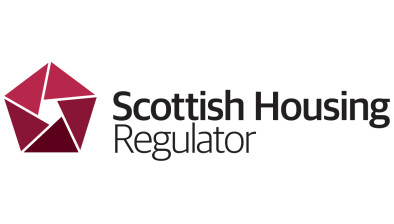Scottish Housing Regulator highlights importance of landlord openness

The Scottish Housing Regulator has highlighted the importance of social landlords being open and accessible about their services and decision-making.
In a newly published report, the Regulator looks at how social landlords ensure that tenants and other service users can communicate with them and get the information they need about their landlord’s services. It also shares positive practice and makes recommendations for landlords aimed at improving openness and accessibility.
The Regulator carried out in depth landlord case studies, mystery shopping by its tenants advisors and survey work through its National Panel of Tenants and Service Users. It also analysed national performance information.
It found that all of the case study landlords asked their tenants and customers about their communication needs and preferences and responded to these needs in a way that was flexible. All landlords used a range of ways to communicate, understood language barriers and offered translation services. The Regulator found that all landlords also offered good external access to their offices.
Christine Macleod, director of governance and performance, said: “It’s important that tenants find it easy to get the information they need about the services their landlord provides and the decisions it makes.
“Our report shares examples of landlords responding positively to their customers’ communication needs, for instance providing innovative applications to enable tenants and service users to quickly translate or switch to audio.
“We’ve also made a number of recommendations for landlords to consider about how they make sure they are open and accessible.”
The Regulator’s recommendations include that landlords should:






